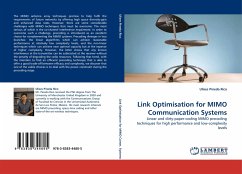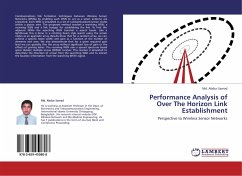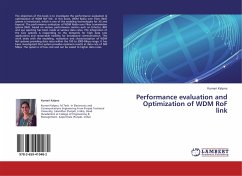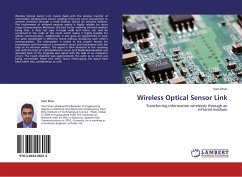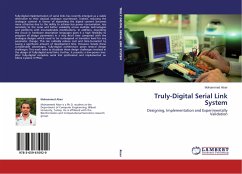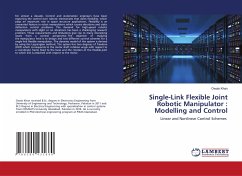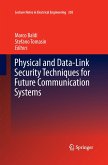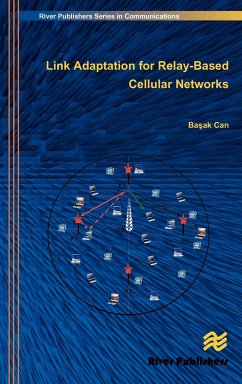The MIMO antenna array techniques promise to help fulfil the requirements of future networks by offering high space diversity-gain and enhanced data rates. However, there are some considerable challenges with MIMO techniques that must be overcome. The most serious of which is the co-channel interference impairment. In order to overcome such a challenge, precoding is introduced as an excellent choice for complementing the MIMO systems. Precoding diverges in two branches: the linear algorithms which can achieve reasonable performance at relatively low complexity levels, and the non-linear techniques which can achieve near optimal capacity but at the expense of higher complexity. However, the latter shows that any known interference at the transmitter can be subtracted at the receiver without the penalty of degrading the radio resources. Following that trend, with the intention to find an efficient precoding technique that is able to offer a good trade-off between efficacy and complexity, we discover that one of the viable choices is to deal with the power constraint during the precoding stage.
Hinweis: Dieser Artikel kann nur an eine deutsche Lieferadresse ausgeliefert werden.
Hinweis: Dieser Artikel kann nur an eine deutsche Lieferadresse ausgeliefert werden.

